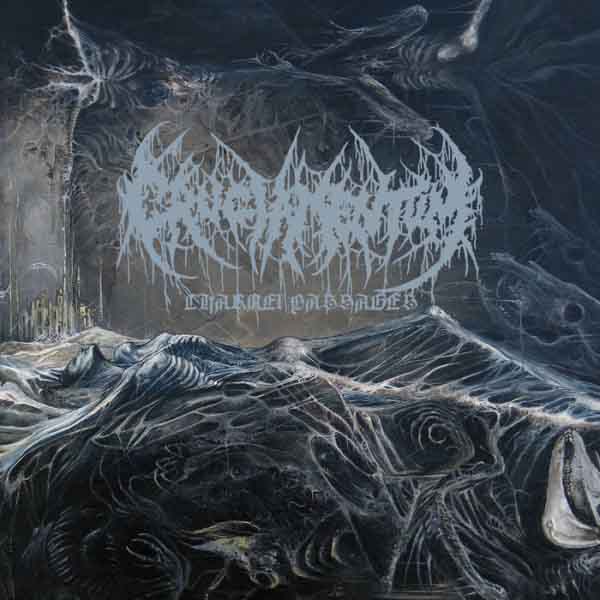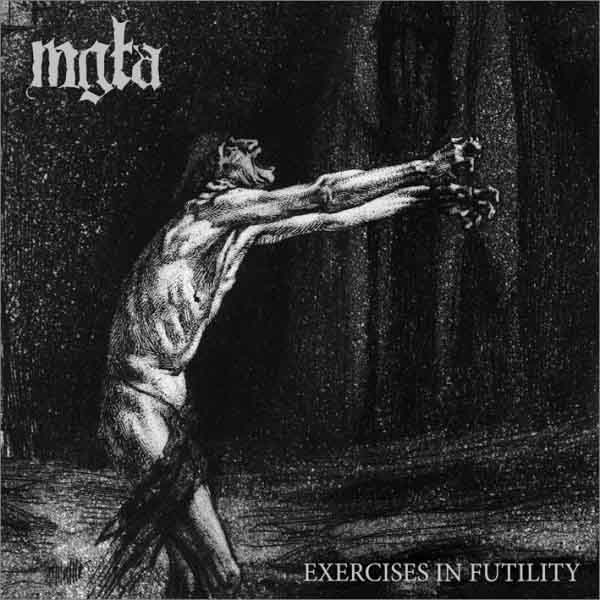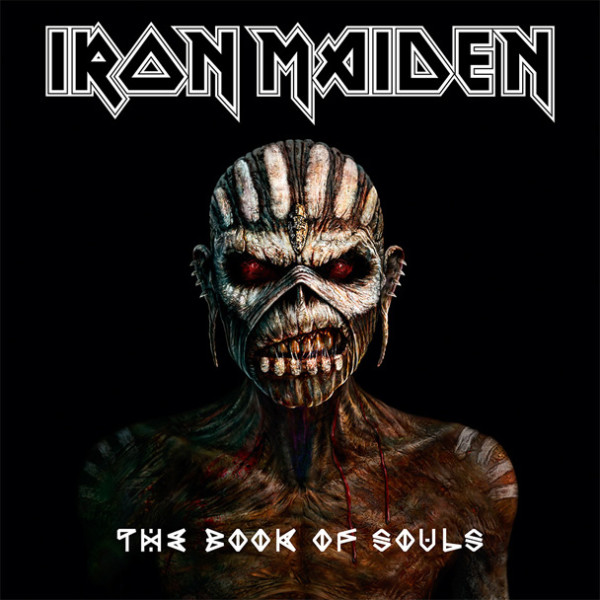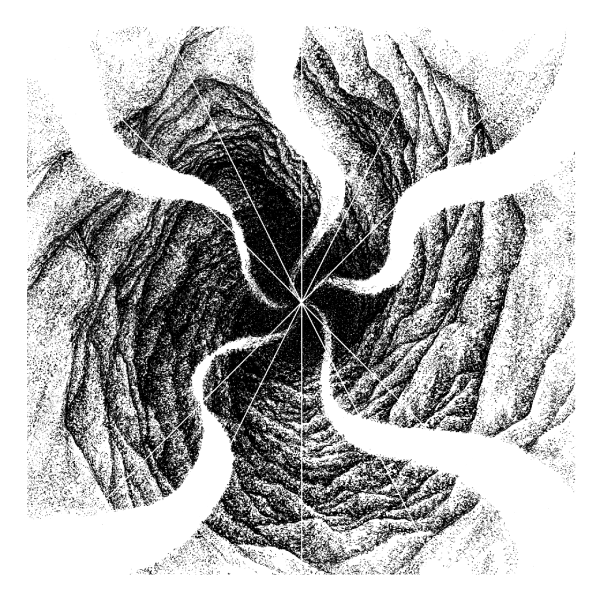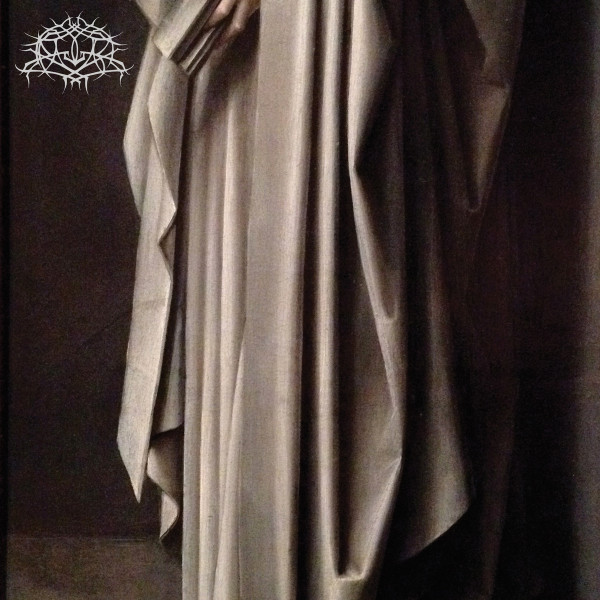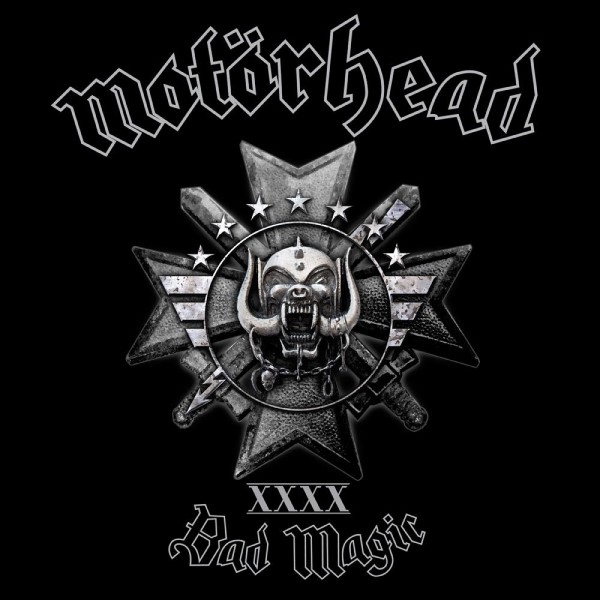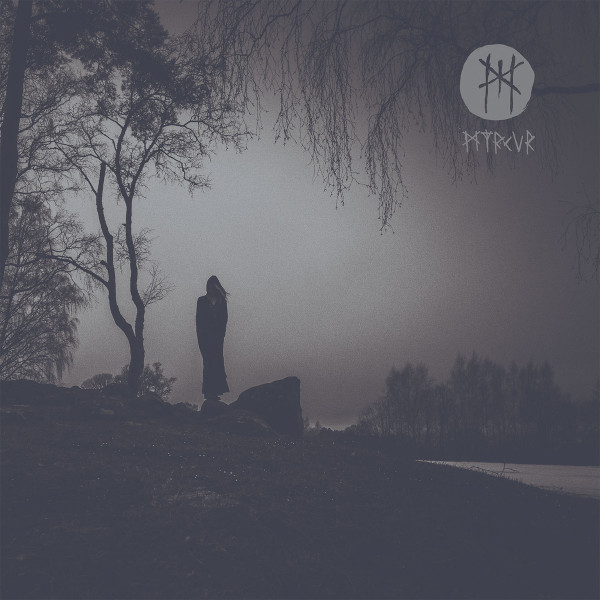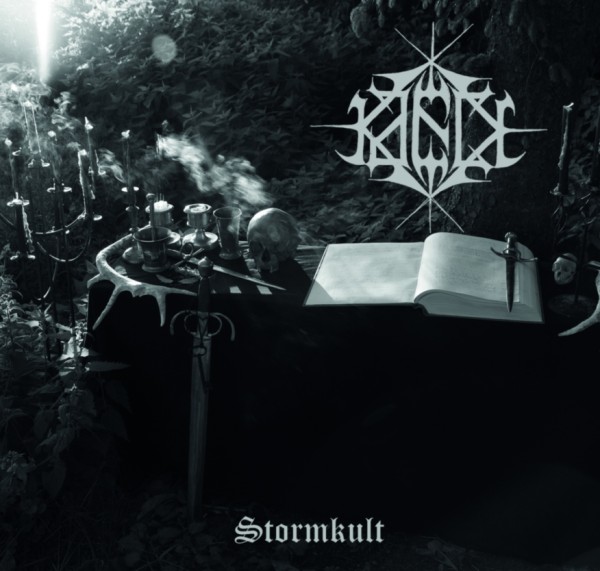
Nile’s latest begins topical, with a blastfest themed after the recent years of strife in the Middle East. This is going to date the album some years from now, but from a commercial stance it’s still an excellent idea, certain to create buzz and boost the band’s reputation. They take a pot shot at a common enemy, and continue their legacy of Egyptian mythological themes in standard, professionally produced “brutal” death metal. All in a day’s work for the deathpop industry.
Surprisingly, I am not rehashing my thoughts on Infernus from a few days back like I expected I would when I first began researching this recording. On What Should Not Be Unearthed, Nile contributes to the corpus of accessible mainstream death metal in a broadly similar fashion to their Rutanian brethren, but in a fashion I find far less obnoxiously flat. It seems that Nile’s members have a better grasp of pop songwriting (and importantly, how to incorporate the instrumentation and technique of death metal into such formulas) that could potentially earn them enormous amounts of money if they were to sell their service as songwriters.
Nile’s Egyptologist trappings are one of their big gimmicks and therefore makes necessary discussion whenever they are brought up. The ideas certainly permeate the lyrics, but rarely go beyond that, with the notable exception of the occasional short filmic “Egyptian”/Middle Eastern interludes. There is nothing I can say for or against their authenticity, but few if any of the musical ideas they present in these asides make their way into the metal side of the songwriting. The constant usage of various musical scales and modes, though, might appear to be missing link for listeners not used to the general chromaticism and/or tonal experimentation of your average death metal band. The idea occasionally turns into a Billboard-style pop hook (see the intro to “Evil To Cast Out Evil” for an obvious example), though, and that’s probably good enough for Nuclear Blast.
Dwelling too much on Nile’s gimmick, though, is like only eating the plastic topper off an extremely sugary wedding cake. What Should Not Be Unearthed hasn’t got much in the way of coherent song structures or direction, and that’s why you’ll probably forget about it after a few spins. Judging from the content here, the band members understand on a basic level that they need to vary their parameters throughout a song in order to not come across as a vague buzzing sound. When they try to go beyond basic pop formulas, though, they collapse into stereotypical alternating blasting sections and breakdowns and occasionally make me giggle by, for instance, pitch bending a guitar harmonic chord at the beginning of the title track. It’s nominally better than no variation, but it’s going to take a lot more thought and organizational work than what’s on display here to write intelligent tracks.
Ambition is nothing without preparation, though, and Nile remains strongest (and commercially strongest) as musicians and songwriters when they stick to their basic deathpop. In that regard, What Should Not Be Unearthed is a partial success, and the rest probably… should not be unearthed.
5 CommentsTags: 2015, death metal, deathpop, mainstream metal, nile, what should not be unearthed

